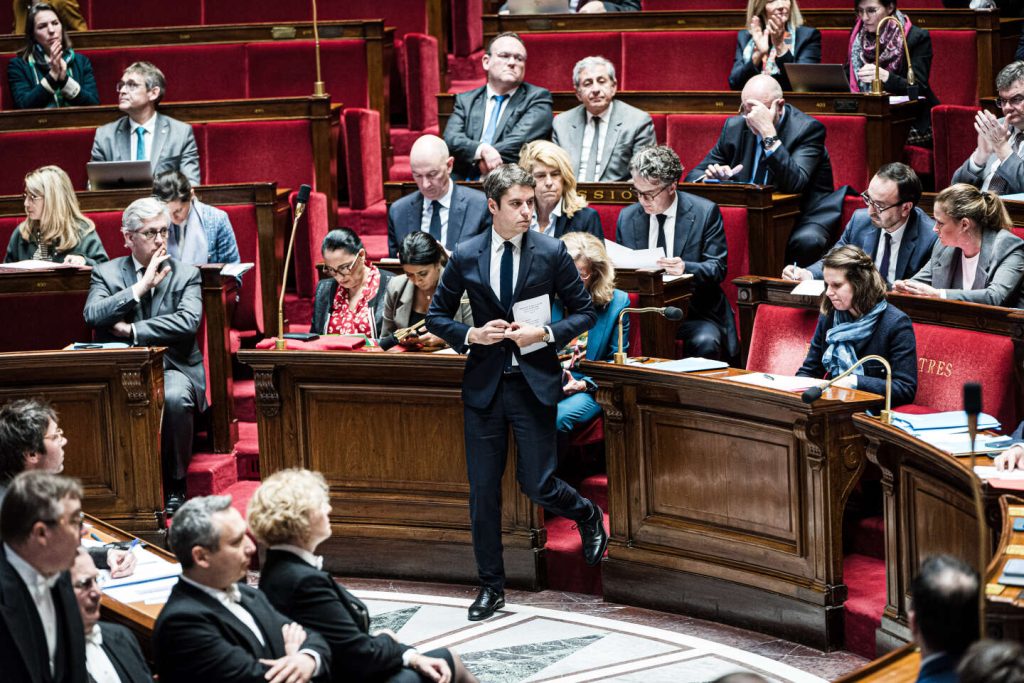Gabriel Attal, the French Prime Minister, has been emphasizing the importance of work paying better than inactivity since taking office. He believes that the social model in France needs to be more effective and less costly, especially in light of budget constraints. Attal’s message also targets the middle class, who may earn too much to receive benefits but not enough to live comfortably. This focus on ensuring work is financially rewarding formed a key theme at a recent government seminar where ministers discussed a potential reform of the unemployment insurance system, which could result in shorter benefit durations, particularly affecting older workers.
The Prime Minister’s mantra highlights longstanding issues in France’s social welfare system, such as the potential for some unemployed individuals to receive more money through benefits than they would by working. Changes in the way unemployment benefits are calculated since 2019 have aimed to address this issue. The goal is to ensure that social policies and the welfare system incentivize individuals to seek employment, rather than discouraging them from doing so. Experts stress the importance of creating a system in which there is always a financial gain from participating in the workforce, in order to avoid welfare policies disincentivizing work.
The government’s emphasis on the need for work to be financially rewarding ties into ongoing discussions about a new pact for working life, focusing on issues such as employment for older workers and prevention of professional fatigue. These topics were meant to be central to a recent seminar, but discussions were extended to allow for further negotiations between social partners. The government has been communicating plans for potential reforms to the unemployment insurance system, which could involve tightening eligibility criteria and reducing benefit durations, particularly affecting seniors. This is part of a broader effort to make the welfare system more efficient and cost-effective.
Gabriel Attal’s message underscores a fundamental belief in the necessity of ensuring that work is financially worthwhiile, particularly for those in the middle class who may not qualify for benefits but still struggle to make ends meet. The Prime Minister’s efforts to reform the welfare system and encourage individuals to engage in the workforce align with broader goals of promoting economic growth and reducing dependency on social benefits. By addressing issues of inactivity and welfare dependency, the government hopes to create a more efficient and sustainable social welfare system that promotes workforce participation and financial stability for all citizens.


